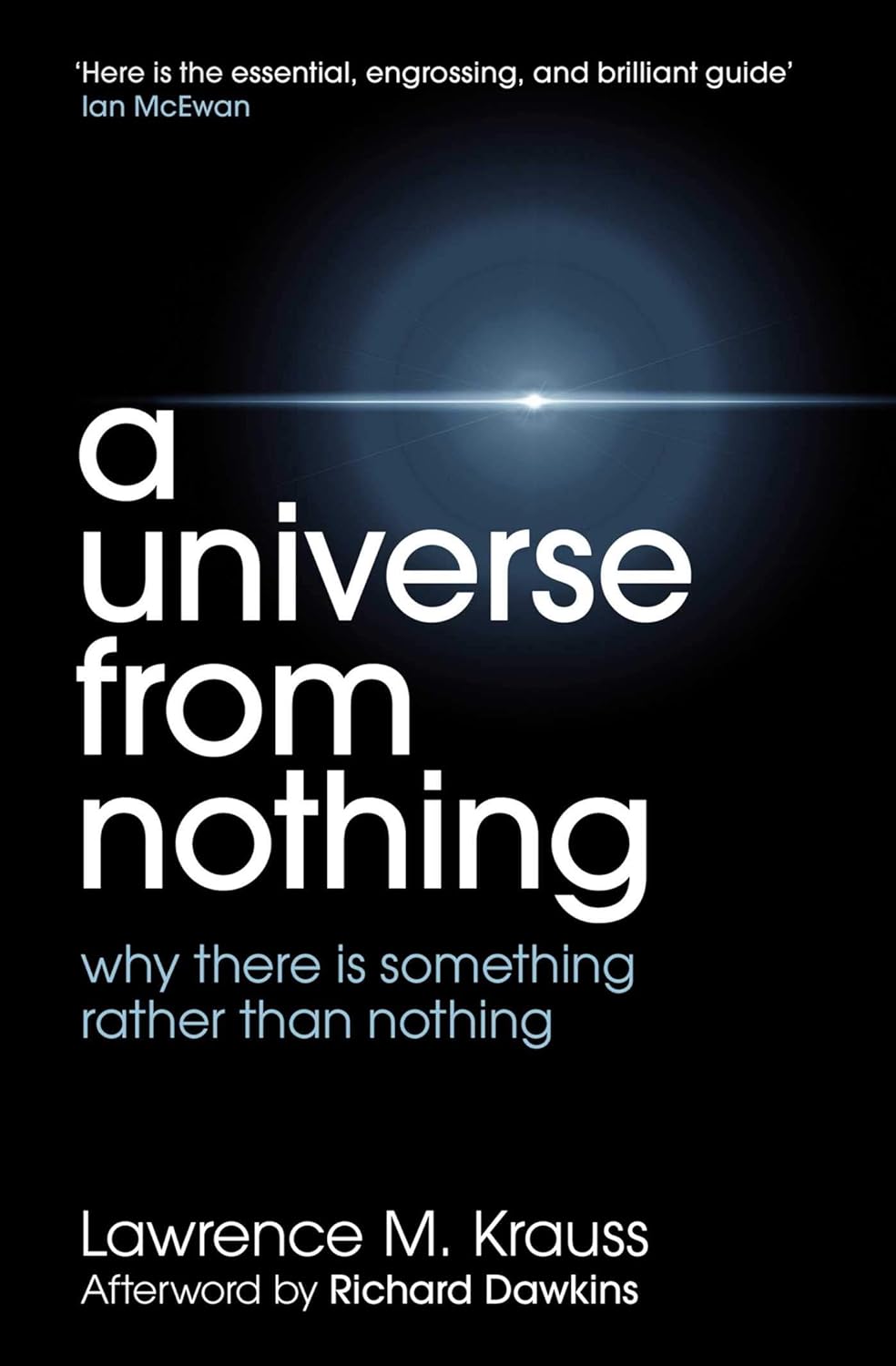Lawrence Krauss’s book “A Universe from Nothing: Why There Is Something Rather than Nothing” presents an argument that the universe could have originated from “nothing” through natural processes governed by the laws of physics. While the book has been widely acclaimed, it has also faced several criticisms and pointed out potential fallacies. Here are some of the main criticisms and perceived fallacies of Krauss’s theory:
1. Definition of “Nothing”
Criticism: Krauss’s definition of “nothing” is not the absolute nothingness often assumed in philosophical and theological contexts. In physics, “nothing” often refers to a quantum vacuum, which is not empty but rather a seething sea of virtual particles and fields.
Fallacy: Equivocation Fallacy
- Krauss is accused of using the term “nothing” in a way that differs from its traditional philosophical meaning. Critics argue that his “nothing” is still something, as it has properties and can produce physical effects.
2. Assumption of Pre-existing Laws
Criticism: Krauss’s argument relies on the pre-existence of quantum laws and fields. Critics question where these laws themselves come from and why they exist.
Fallacy: Begging the Question
- By assuming the existence of quantum fields and the laws of physics, Krauss’s argument does not address the deeper question of why these laws exist in the first place. The origin of these laws remains unexplained.
3. Philosophical Oversight
Criticism: Krauss’s approach is heavily scientific and often dismisses or oversimplifies philosophical arguments about existence and creation. Some critics argue that he fails to engage meaningfully with philosophical perspectives on “nothingness.”
Fallacy: Straw Man Fallacy
- Critics argue that Krauss misrepresents philosophical and theological arguments about nothingness, setting up a simplified version that is easier to refute rather than addressing the more nuanced and robust arguments.
4. Scientific Speculation
Criticism: The idea of the universe arising from quantum fluctuations in a vacuum is based on speculative aspects of quantum field theory and cosmology, which are not yet empirically verified.
Fallacy: Appeal to Speculation
- Krauss’s argument relies on speculative theories about the nature of the quantum vacuum and the early universe, which are not conclusively supported by empirical evidence.
5. Existence of a Multiverse
Criticism: The multiverse hypothesis is a key part of Krauss’s explanation for the fine-tuning of the universe. However, the multiverse remains a theoretical construct without direct empirical evidence.
Fallacy: Hypothesis Contrary to Fact
- The multiverse theory is used to explain fine-tuning, but since it is not empirically verified, its use as an explanation may be seen as speculative and not based on established facts.
6. Dismissal of Theistic Explanations
Criticism: Krauss is often criticized for dismissing theistic and philosophical explanations for the origin of the universe too readily, without fully engaging with the arguments or acknowledging their complexity.
Fallacy: False Dichotomy
- Krauss sometimes presents the debate as a strict dichotomy between scientific explanations and theistic ones, potentially ignoring other nuanced philosophical positions that might bridge the two perspectives.
Conclusion
While Lawrence Krauss’s “A Universe from Nothing” provides a new scientific perspective on the origins of the universe, it is not without its criticisms and potential fallacies. The debates surrounding the concepts of “nothing,” the pre-existence of physical laws, the role of speculation in scientific theories, and the interaction between science and philosophy highlight the complexities and challenges in addressing the profound question of why there is something rather than nothing. These criticisms suggest that a comprehensive understanding of the universe’s origins may require a more integrated approach, incorporating insights from both science and philosophy.
